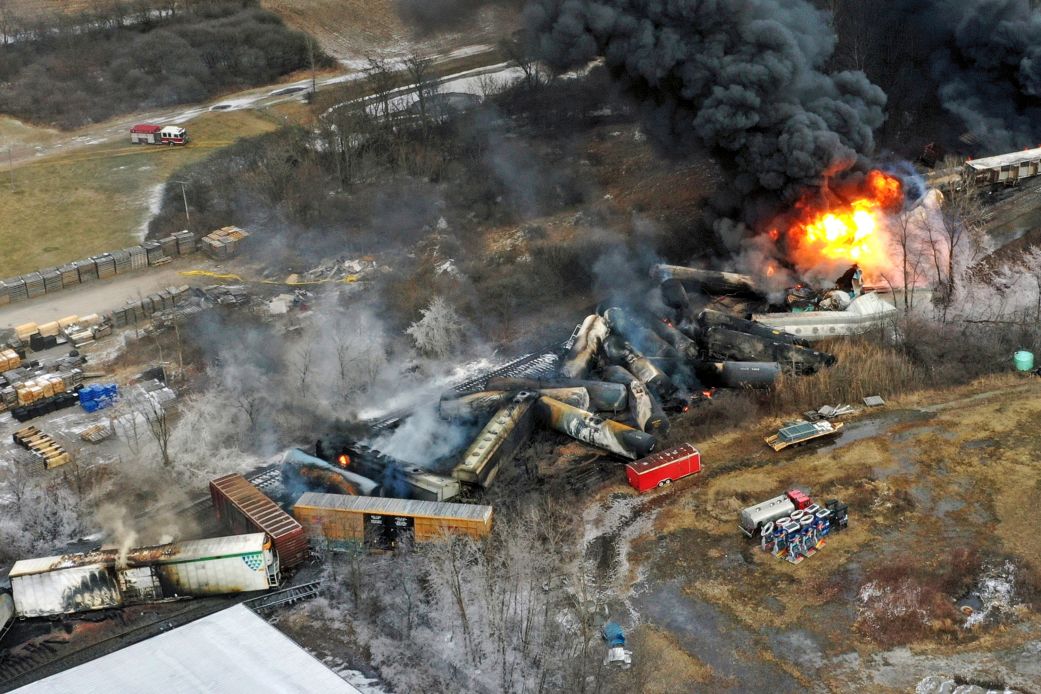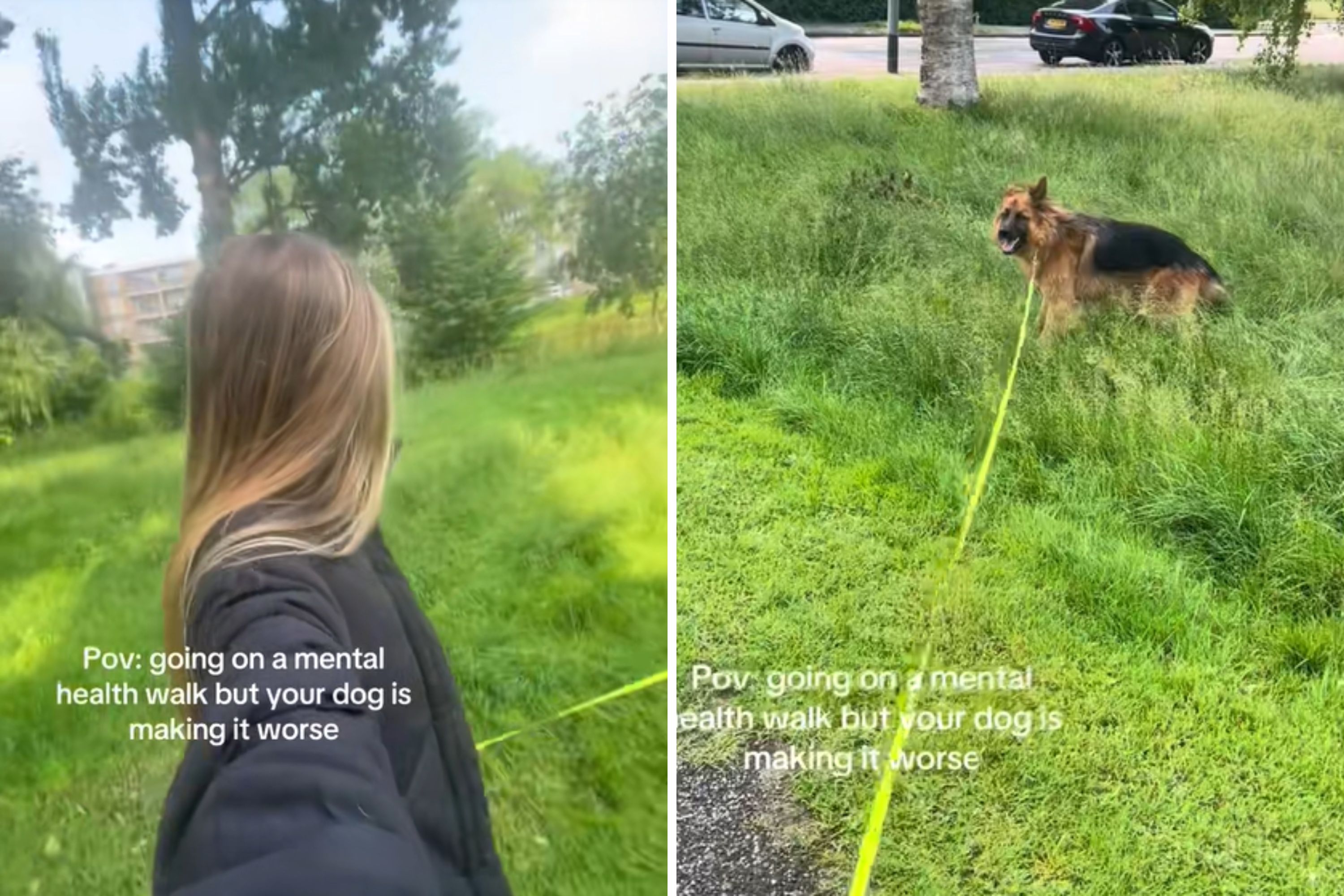Healthcare Workers Brace for Potential ICE Raids in Hospitals: A Growing Concern

A wave of anxiety is sweeping through the healthcare community as reports and concerns mount regarding potential Immigration and Customs Enforcement (ICE) raids within hospitals and other medical facilities. This apprehension stems from the Trump administration's ongoing efforts to narrow the scope of 'protected areas' – locations where ICE traditionally avoids enforcement actions – leaving healthcare workers deeply worried about the safety and well-being of their patients and the potential disruption to vital medical care.
For years, hospitals and clinics have operated under an understanding that they are safe havens, allowing individuals, regardless of their immigration status, to seek medical attention without fear of deportation. This trust is crucial for ensuring public health, as it encourages vulnerable populations to access necessary care, preventing the spread of disease and addressing critical health needs. However, the recent erosion of these protections has created a climate of fear and uncertainty.
The Shift in Policy and its Impact
The Trump administration's policy changes have significantly restricted the definition of 'protected areas,' effectively removing many locations where ICE previously avoided enforcement. This includes healthcare facilities, schools, and religious institutions. While the administration argues these changes are intended to streamline enforcement and prioritize national security, critics contend they undermine public health and human rights.
Healthcare professionals are particularly concerned because they are bound by ethical and legal obligations to provide care without discrimination. The prospect of ICE agents entering hospitals and arresting patients or staff creates a conflict between these obligations and the potential for deportation. Furthermore, it could deter undocumented individuals from seeking medical attention, leading to delayed diagnoses, worsening health conditions, and increased strain on the healthcare system.
The Response from Healthcare Providers
In response to these concerns, many healthcare organizations and advocacy groups are taking steps to protect their patients and staff. These include:
- Legal Support: Providing legal resources and guidance to patients and staff regarding their rights in the event of an ICE encounter.
- Training: Educating healthcare workers on how to respond to ICE inquiries and ensure patient confidentiality.
- Advocacy: Lobbying policymakers to restore protections for healthcare facilities and other sensitive locations.
- Community Outreach: Working with community organizations to inform vulnerable populations about their rights and available resources.
Looking Ahead
The potential for ICE raids in hospitals poses a significant challenge to the healthcare system and the well-being of communities. The ongoing debate over immigration enforcement policies highlights the need for a balanced approach that respects both national security and the fundamental right to healthcare. Healthcare workers remain vigilant and committed to providing care to all individuals, regardless of their immigration status, while navigating this increasingly complex and uncertain landscape. The future will likely depend on policy changes and the continued advocacy of those dedicated to upholding ethical healthcare practices and protecting vulnerable populations. The core question remains: how can we ensure access to healthcare for all, without fear of deportation?






